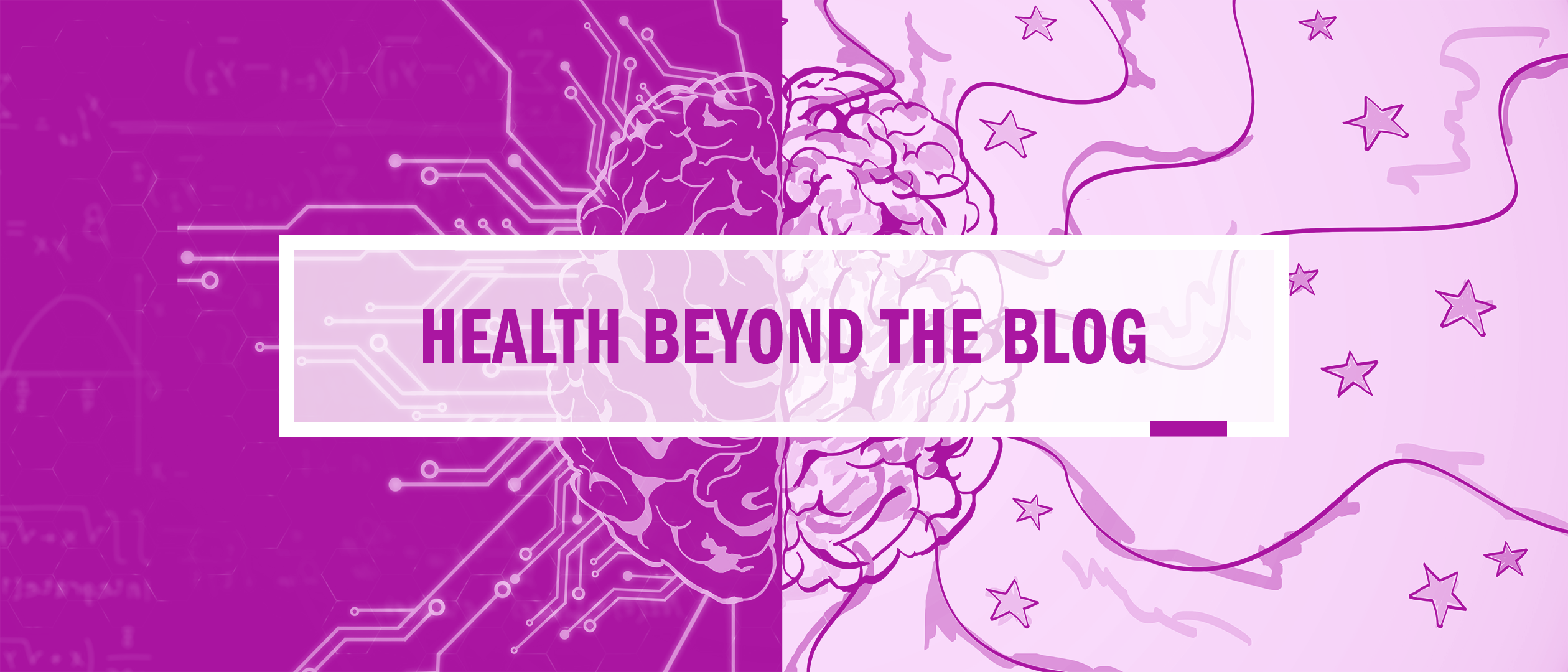New from the @EmoryCSHH News Team: Weight-loss drugs in the UK, why health insurance is tied to jobs, declines in drug overdoses, therapeutic food shortages in Africa, facing dementia and cognitive decline alone.
Should We All Be Eating Like The Rock?
By Katherine J. Wu, The Atlantic
The hyper-fixation on protein intake has taken over diet talk, as many believe protein is the key to losing body fat and gaining strength. However, the conversation on protein amongst experts is not so unanimous. Some argue that the recommended daily intake is too low and should be increased significantly to account for metabolic processes. Many others, however, assert that the current levels of protein consumption in America are excessive and can cause harm to the body. This clash of expert opinions also encompasses the “more” mentality and environmental considerations. Given current contradictions in scientific literature, more research surrounding protein and optimal nutrition is bound to follow. For now, the only consistent nutritional recommendation is to follow a balanced and varied diet.
— by Cora Bainum
Narcan — the opioid overdose medication — will finally be available over the counter
By Allie Volpe, Vox
The opioid crisis has continued to wreak havoc on Americans, taking the lives of “more than 80,000” people in 2021. As a result, in March of 2023, the FDA permitted the use of Narcan, a drug that can quickly reverse an opioid overdose, to be purchased over the counter. Experts hope this decision will play a key role in preventing future opioid-related deaths. As of September 2023, major retailers, such as CVS and Walmart, will provide unprecedented access of Narcan to be purchased over the counter everywhere in America. Experts recommend that all Americans, regardless of their perceived proximity to the opioid crisis, take advantage of the drug’s increased accessibility and always carry and know how to use Narcan. Researchers are confident that more people carrying Narcan will serve as a beneficial precaution to prevent fatalities because “nearly half of overdose deaths in 2021 occurred while another person was nearby.” However, this new increase in the availability of Narcan is not without issues. Advocates are concerned that Narcan’s price tag of $45 is too high and may disincentivize people from buying and using it. To address this, people are encouraging retailers to provide coupons and vouchers to reduce the cost burden. Moreover, now that Narcan has been made more available, questions have arisen about whether insurance companies will help cover the life-saving drug. This article is important to read because this sudden increase in the availability of this over-the-counter life-saving drug demonstrates a significant step forward in preventing future fatalities and acknowledging the severity of the opioid epidemic in America. Still, more work must be done to ensure that Narcan is accessible to all and used effectively.
— by Gillian Feinglass
Cannabis Use Disorder is ‘Common’ Among Marijuana Users, Study Finds
By Matt Richtel, The New York Times
As legalization of both recreational and medical cannabis spreads throughout the United States, a study investigated recreational and medical cannabis users’ struggles with dependency and problematic use. The research found that 21 percent of people in the study had some degree of cannabis use disorder (CUD) characterized by persistent and uncontrolled cannabis use that interrupts many areas of a person’s life. The study occurred in Washington State, where legal and recreational use is legal. Researchers found that both recreational and medical users experience dependency; however, recreational users may experience more severe dependency. Luckily for those struggling with dependency or cannabis use disorder (CUD), the conditions can be treated with detoxification, abstinence, and therapies. The study concluded by warning potential users, with a specific focus on teens, to consider the risk of developing CUD that may occur with the start of either recreational or medical use.
— by Lexy Campbell
A blood test for Parkinson’s disease?
By Jocelyn Kaiser, Science
Parkinson’s disease is notoriously difficult to detect in its early stages. Up to one million people in the United States suffer from the disorder, which is defined by the death of dopamine-producing neurons in the brain. Cognitive and motor function severely decline, leading to symptoms such as muscle tremors and dementia. However, scientists have found evidence suggesting that mitochondria are potential biomarkers for early PD detection. This study comes after observations of defective mitochondria and mitochondrial DNA (mtDNA) damage in the neurons and blood cells of Parkinson’s patients, respectively. Neuroscientist Laurie Sanders and her team at the Duke University School of Medicine developed a novel method of quantifying damaged mtDNA from blood samples. They found higher levels of damage in both Parkinson’s patients and asymptomatic individuals that possess mutated LRRK2 genes. These findings indicate the ability to detect high-risk individuals prior to Parkinson’s onset. Currently, Sanders’ team is building on the results of their study, working on drug treatments inhibiting LRRK2 gene activity, which has reduced levels of mtDNA damage in stored blood samples. The mtDNA test joins other recently discovered biomarkers, such as misfolded alpha-synuclein protein, that can help detect the early-stage PD and result in a definitive diagnosis. This opens the door for patients to receive earlier access to existing and experimental drugs, impeding disease progression and enhancing quality of life for Parkinson’s patients.
— by Saif Hossain
Music can serve as therapy. Here’s how it can help reduce anxiety.
By Raymond Leone, The Washington Post
Music has a huge impact in people’s lives. People can enjoy it and relate to it — and it also can be used to reduce anxiety in people if utilized correctly. Various randomized controlled trials highlight that music therapy can lead to positive outcomes. Music can explain a feeling or emotion that we are unable to vocalize. Even though there are playlists made specifically to reduce anxiety, everyone has different tastes that can work to alleviate levels of anxiety. Through creating a playlist that meets people where they are, then introducing calmer music, therapy can soothe and move people towards feeling relaxation. Anxiety is prevalent especially among younger populations, so creating a close to cost-free way to reduce it could increase wellness of the entire population and decrease healthcare costs.
— by Caroline Hansen
Summaries contributed by: Cora Bainum, Lexy Campbell, Gillian Feinglass, Saif Hossain, Caroline Hansen

